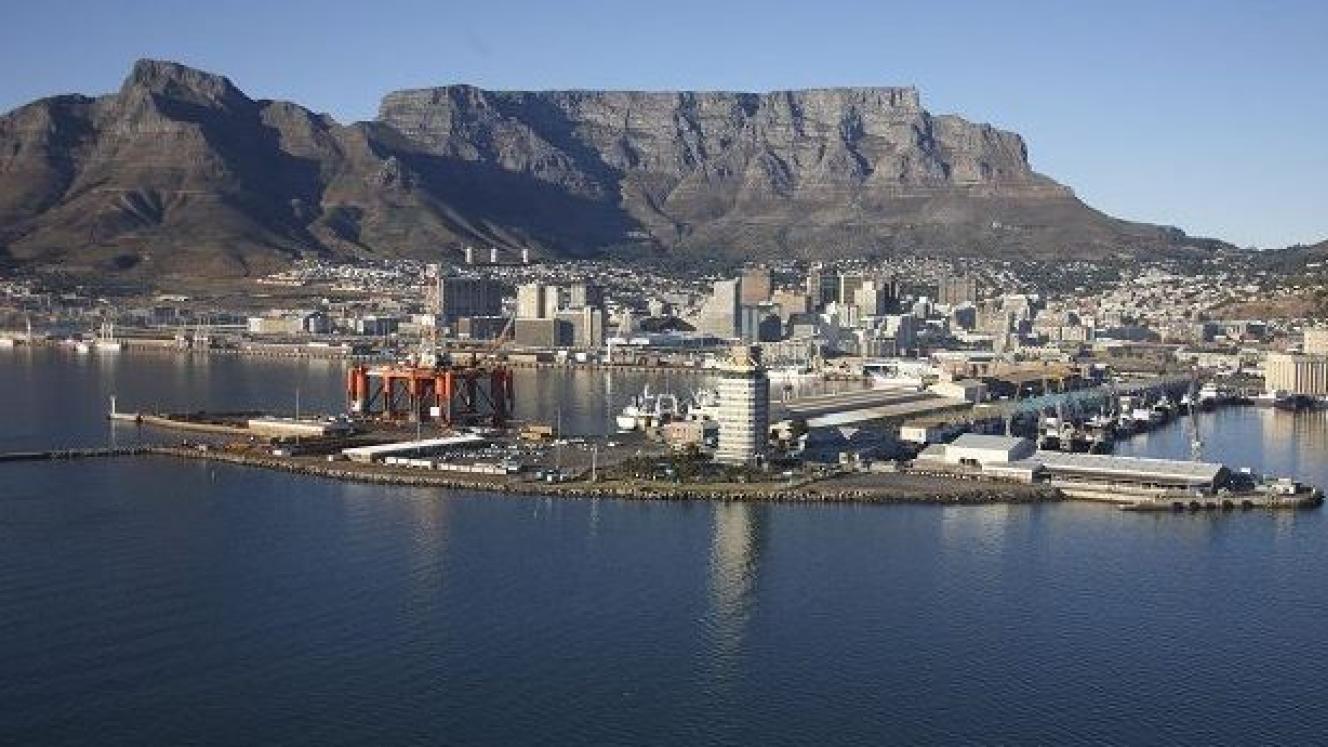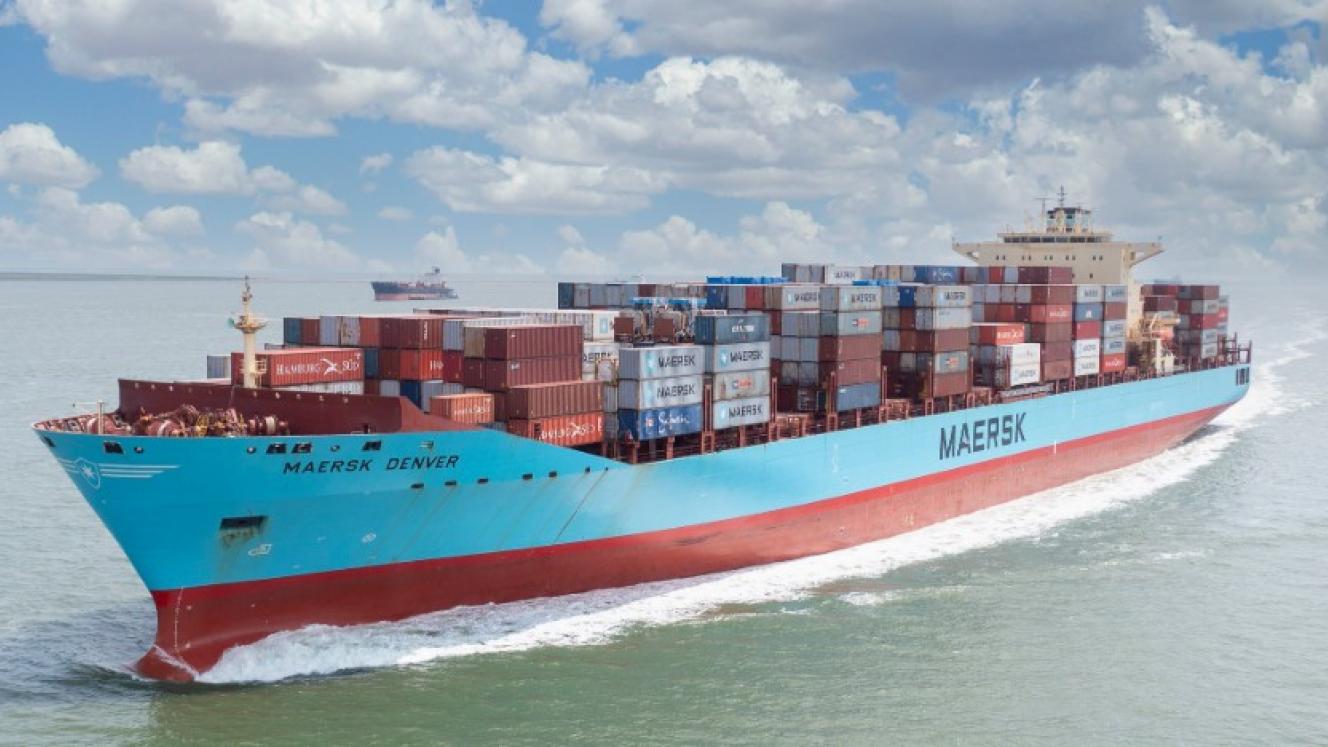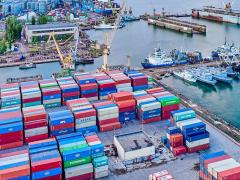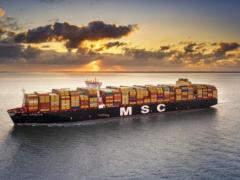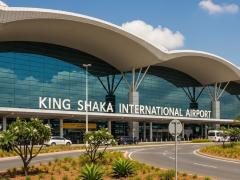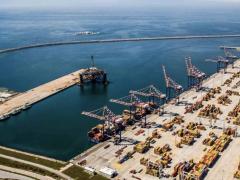The Port of Cape Town’s interim truck staging area (Itsa) is gaining momentum since the first phase became operational in July.
Transnet National Ports Authority (TNPA) said in a statement that Phase 1 of the truck staging area, located alongside Duncan Road and designed to manage the flow of heavy traffic on the roads leading to the Cape Town Multipurpose Terminal (CTMPT), had “significantly” reduced traffic congestion.
Phase 2 of the project, which has been designed to alleviate truck congestion at the Cape Town Container Terminal (CTCT), will be operational in mid-September. The Itsa has the capacity to stage 28 trucks in Phase 1 and 37 trucks in Phase 2.
TNPA said truck operations would further be improved by activating night runs to encourage port users to use the latent capacity available at night to reduce congestion during the day. All truck drivers will also have to undergo biometric scanning at all port entrances.
TNPA said the solution stemmed from an eight-point plan that was co-created by representatives from the maritime logistics value chain to improve efficiencies in the Port of Cape Town. The improvement of truck operations was one of the priorities of the plan. Itsa project manager Roxanne Smith said the system was working to reduce congestion.
“We are encouraged by the benefits that are being enjoyed by the multipurpose precinct users through Phase 1 of the project. The facility is intended to serve as an ‘overflow’ waiting area in instances where the operational terminals have reached full capacity and can no longer allow the entry of trucks,” Smith said.
“With the first phase the port is already seeing the diversion of idle trucks off Duncan Road, increasing road safety and allowing all port users to enjoy free traffic flow,” she added. The TNPA said the Itsa addressed the immediate truck congestion challenges while the parastatal pursued the possibility of a permanent truck staging facility in the Port Industrial Park.
The permanent facility, which forms part of the CTCT Phase 2B Project, is scheduled for completion in the 2024/25 financial year.
This will substantially improve the flow of trucks in and out of the port and address the increase in the traffic of heavy vehicles in recent years.
